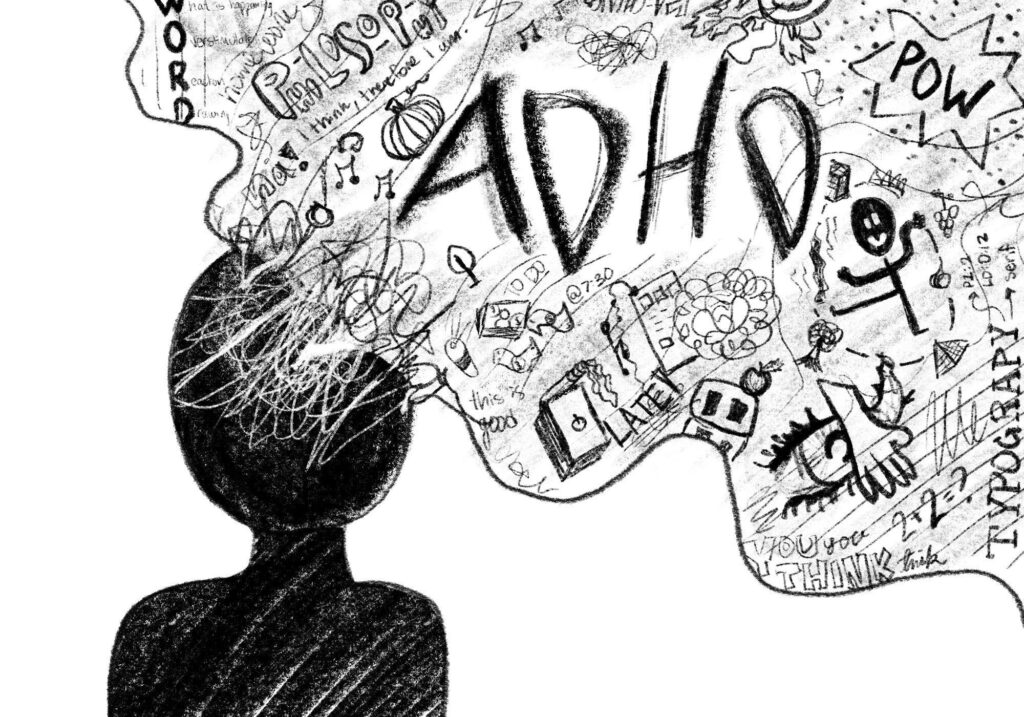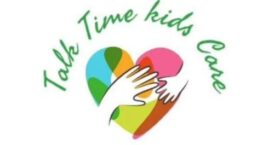ADHD (Attention-Deficit/Hyperactivity Disorder) is a neurodevelopmental disorder characterized by persistent patterns of inattention, hyperactivity, and impulsivity that interfere with functioning or development. Inattention symptoms manifest as difficulty sustaining attention on tasks or activities, frequent careless mistakes, poor organization, and easily distracted behavior. Hyperactivity symptoms include excessive talking, restlessness, fidgeting, and difficulty engaging in activities quietly. Impulsivity is marked by acting without thinking, interrupting others, and difficulty waiting for turns.
Diagnosis of ADHD typically involves a comprehensive evaluation considering symptoms reported by parents, teachers, and the individual, along with observations of behavior across different settings. The disorder often presents challenges in academic, social, and occupational settings, impacting learning, relationships, and daily routines. Treatment approaches for ADHD commonly include a combination of medication, behavioral therapy, and educational support. Stimulant medications such as methylphenidate and amphetamines are often prescribed to help manage symptoms by increasing dopamine and norepinephrine levels in the brain, improving focus and impulse control. Non-stimulant medications like atomoxetine may also be used, particularly when stimulants are ineffective or not preferred.

Behavioral therapy techniques, such as behavior modification strategies, cognitive-behavioral therapy (CBT), and parent training programs, aim to enhance organizational skills, improve social interactions, and reduce problematic behaviors associated with ADHD. Educational interventions involve accommodations and modifications in school settings to support academic performance and address specific learning challenges. Despite treatment options, ADHD remains a lifelong condition for many individuals, with symptoms often persisting into adulthood, though they may manifest differently.
Understanding and managing ADHD requires a multidisciplinary approach involving healthcare providers, educators, and families to tailor interventions that best support the individual’s needs across different life stages and environments. Ongoing research continues to explore new therapies and approaches to enhance outcomes and improve quality of life for individuals affected by ADHD.
